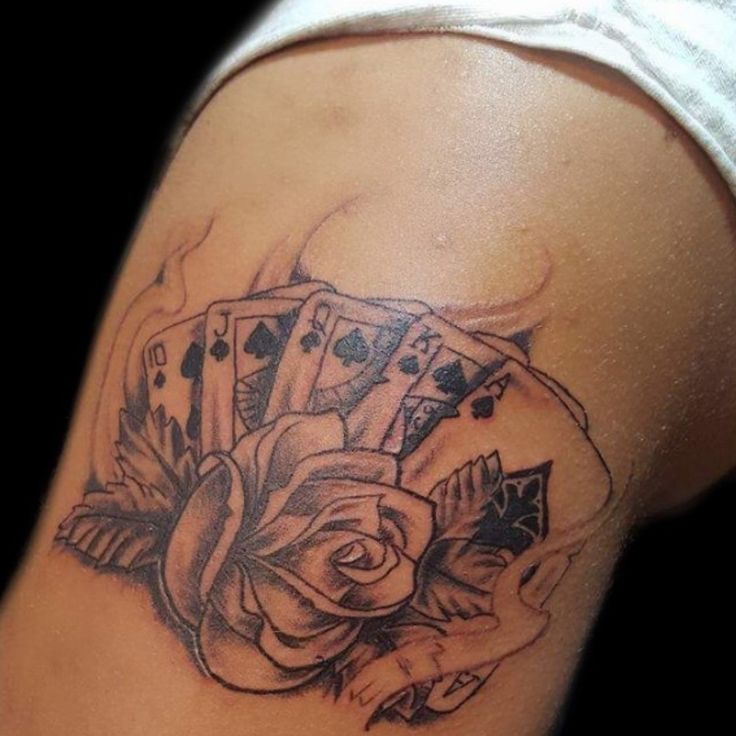Can Nurses Have Hand Tattoos? Here's the Truth.

Working in healthcare comes with its fair share of regulations and standards, from dress codes to behavior protocols. One question that often arises among nurses and aspiring nurses is whether or not hand tattoos are acceptable in this field. This comprehensive guide aims to clarify the situation around tattoos in the nursing profession, offering insights into policies, cultural shifts, and practical advice for those considering body art.
Understanding Tattoo Policies in Nursing

The perception of tattoos in the workplace has evolved significantly over recent years, and nursing is no exception. Here's a breakdown:
- Hospital Policies: Many hospitals and healthcare facilities have their own policies regarding tattoos. While some are more lenient, others might enforce strict tattoo cover-up rules.
- Professional Standards: Nursing organizations like the American Nurses Association (ANA) do not have explicit rules against tattoos but encourage professionalism which might imply covering up or choosing tattoos that are not offensive or visible.
- Regulatory Bodies: State nursing boards might not explicitly ban tattoos, but they can have influence over what is deemed "professional appearance."
Cultural Shifts and Changing Attitudes
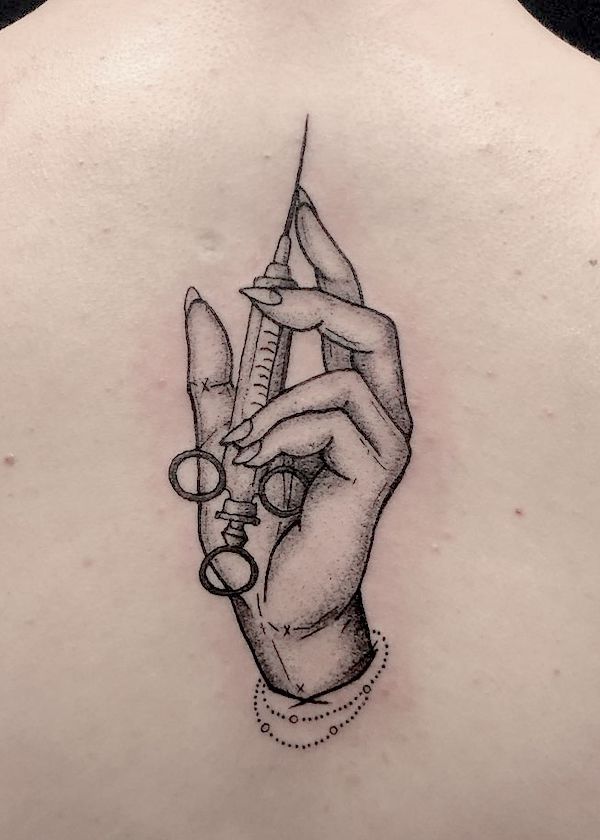
In recent times, there has been a shift in cultural attitudes towards tattoos:
- Public Acceptance: Tattoos are more accepted in society, leading to changes in workplace perceptions.
- Visibility in Media: The representation of people with tattoos in various forms of media has helped normalize tattoos in professional settings.
- Generational Differences: Younger generations, who often have a higher acceptance rate for tattoos, are entering the workforce, influencing policy changes.
How Hand Tattoos Can Affect Your Nursing Career

The impact of hand tattoos on a nursing career can be multifaceted:
- Visibility and First Impressions: Hand tattoos can be the first thing a patient notices, potentially influencing their perception of the nurse's professionalism.
- Employment Opportunities: While tattoos don't bar you from being a nurse, some employers might favor candidates without visible tattoos.
- Patient Interaction: Patients' comfort with tattoos varies widely; some might be curious or accepting, while others might have reservations or cultural objections.
| Potential Impact | Description |
|---|---|
| Patient Interaction | Patients might feel uncomfortable or distracted by visible tattoos, affecting the quality of care. |
| Employment Prospects | Some healthcare facilities might consider tattoos unprofessional, affecting hiring decisions. |
| Professional Image | Nurses often represent the image of the healthcare facility, and tattoos might clash with this image in some settings. |
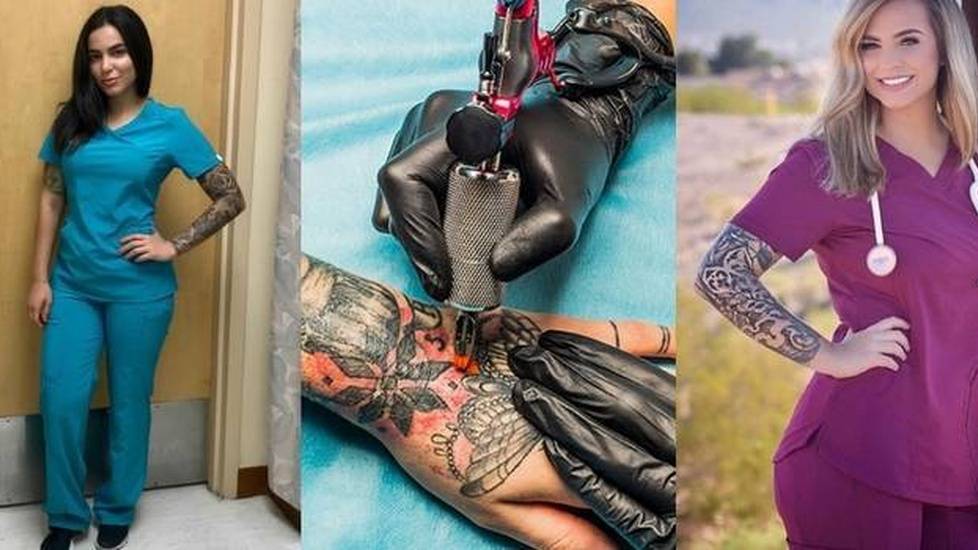
Navigating Tattoo Policies in Healthcare Facilities
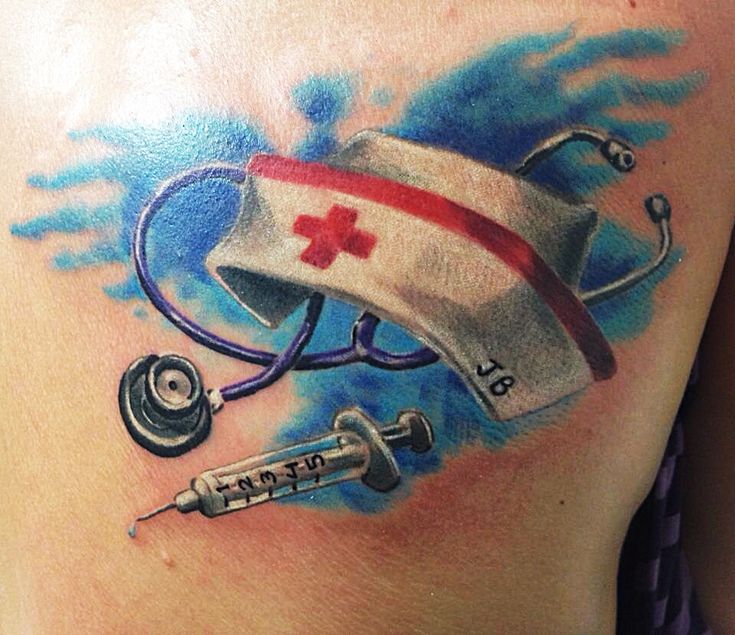
If you're a nurse or considering a nursing career and have tattoos, here are some strategies:
- Research Facilities: Look into the tattoo policies of hospitals or clinics where you wish to work.
- Cover-Up Techniques: Long sleeves, band-aids, or makeup can be used to cover tattoos temporarily.
- Consult HR: Ask human resources about specific tattoo policies during the interview process.
💡 Note: Tattoos are a form of personal expression, but professionalism in healthcare must take precedence. Always be prepared to cover up when necessary.
Examples of Tattoo Policies in Action
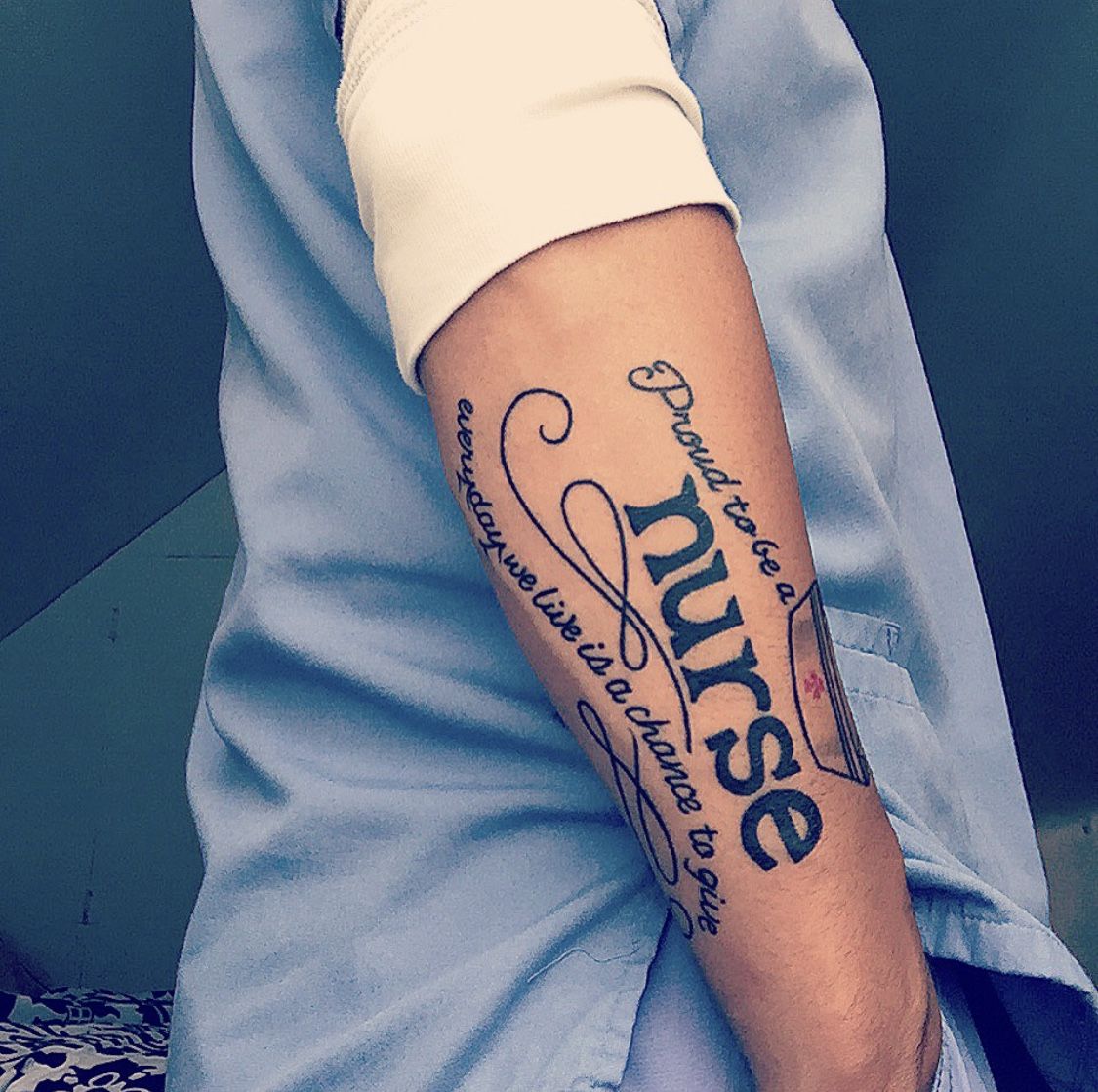
Here are a few real-world examples of how healthcare facilities have handled tattoo policies:
- One Size Fits All: Some facilities require all visible tattoos to be covered at all times.
- Selective Ban: Others might allow tattoos as long as they're not offensive or inappropriate.
- Professional Judgment: Some hospitals trust nurses to use their judgment in covering tattoos based on patient interactions.
Balancing Personal Expression with Professionalism

The key for nurses with tattoos is to strike a balance:
- Consider Location: Tattoos on hands or face are more visible and might require more consideration than those on the back or legs.
- Assess Size and Design: Smaller, less conspicuous tattoos might be easier to handle in a professional setting than large, intricate ones.
- Be Prepared to Cover: Having a backup plan for covering tattoos during sensitive procedures or when dealing with conservative patients can be beneficial.
Nursing is a profession where professionalism, empathy, and clinical competence are paramount. Tattoos can be a part of your life but should not detract from the care you provide or the image of the healthcare facility. By understanding policies, cultural shifts, and preparing for various scenarios, nurses with tattoos can navigate their careers effectively, ensuring that tattoos are seen as an extension of one's personality rather than a professional hindrance.
Can I get a tattoo on my hand if I’m a nurse?
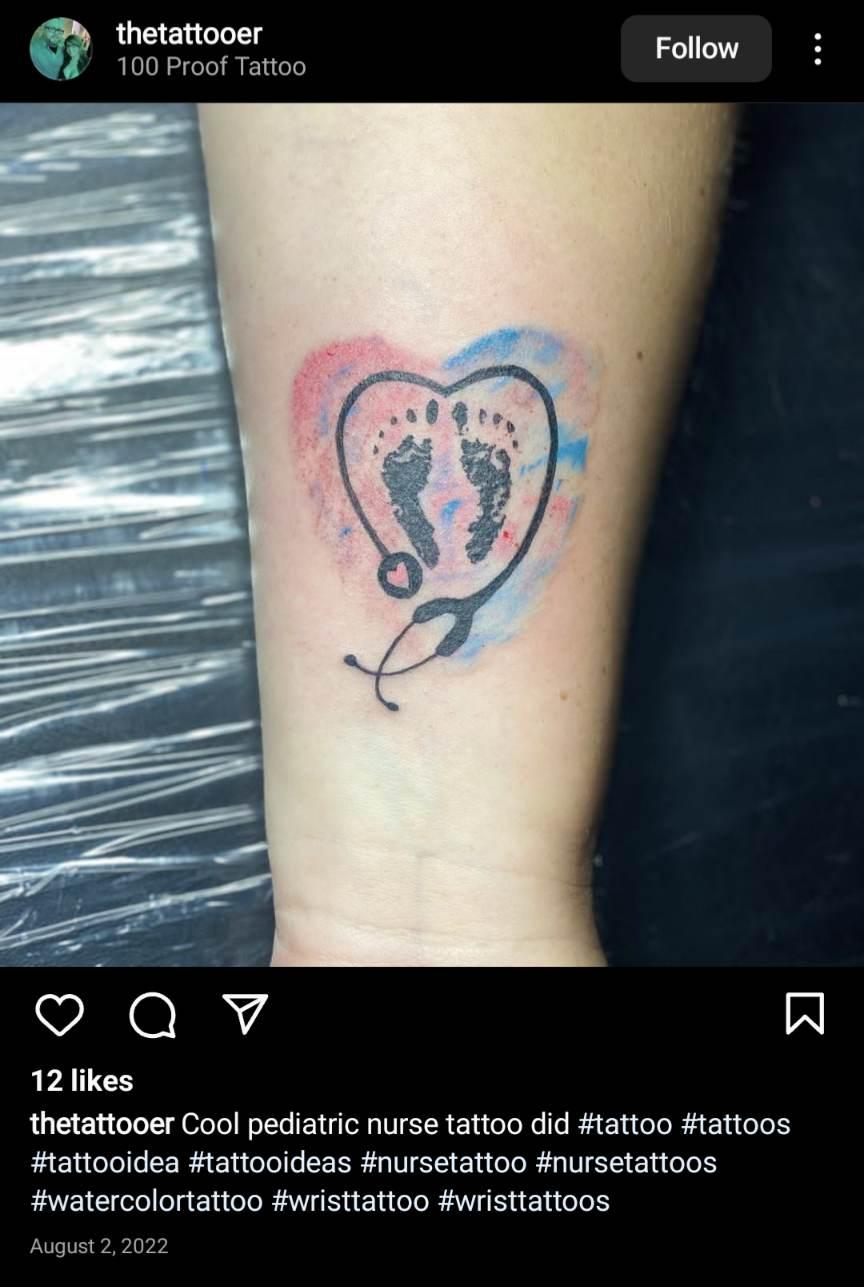
+
You can get a tattoo, but be aware that some healthcare facilities might require it to be covered or not visible to patients. Always check the tattoo policy of your workplace or potential workplaces before getting inked.
How can I cover up my hand tattoo for work?

+
You can use makeup, like tattoo cover-up products, band-aids, or even wear gloves or long sleeves if the tattoo is small. Some tattoos can also be covered with jewelry or accessories.
What should I do if my tattoo offends a patient?
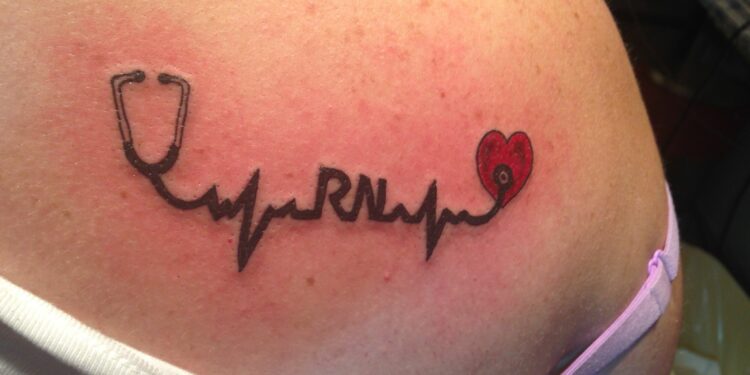
+
If a patient complains about your tattoo, it’s important to follow the facility’s protocol, which might include covering the tattoo immediately or speaking with a supervisor. Prioritize patient comfort while also considering your rights as an employee.


